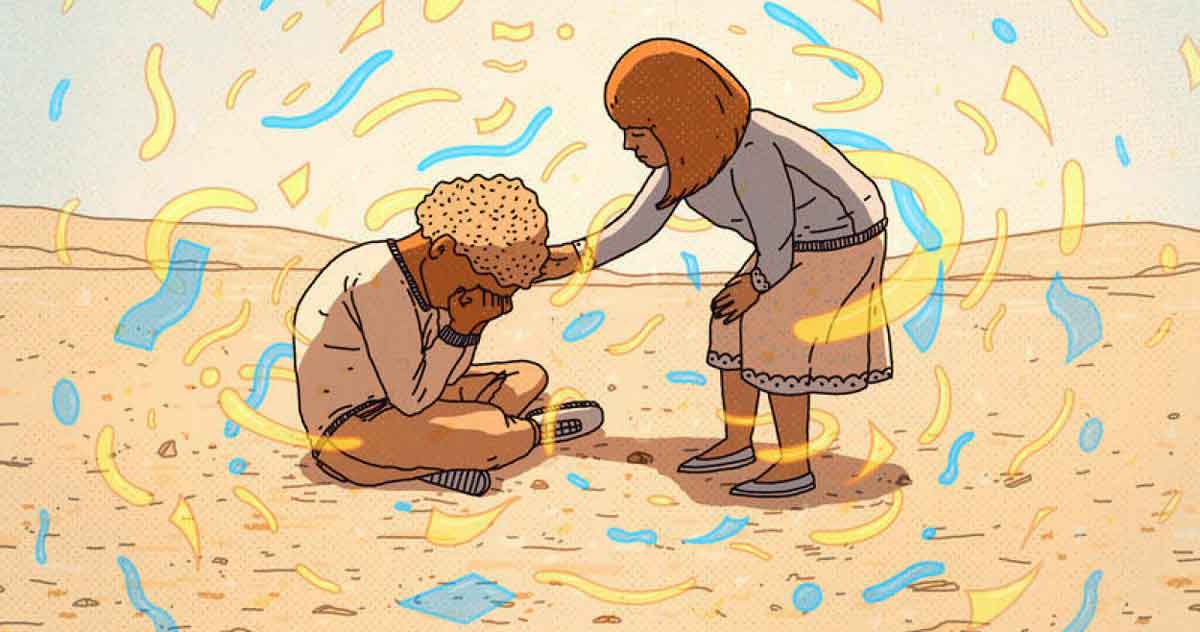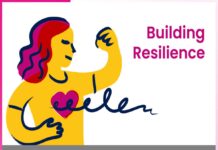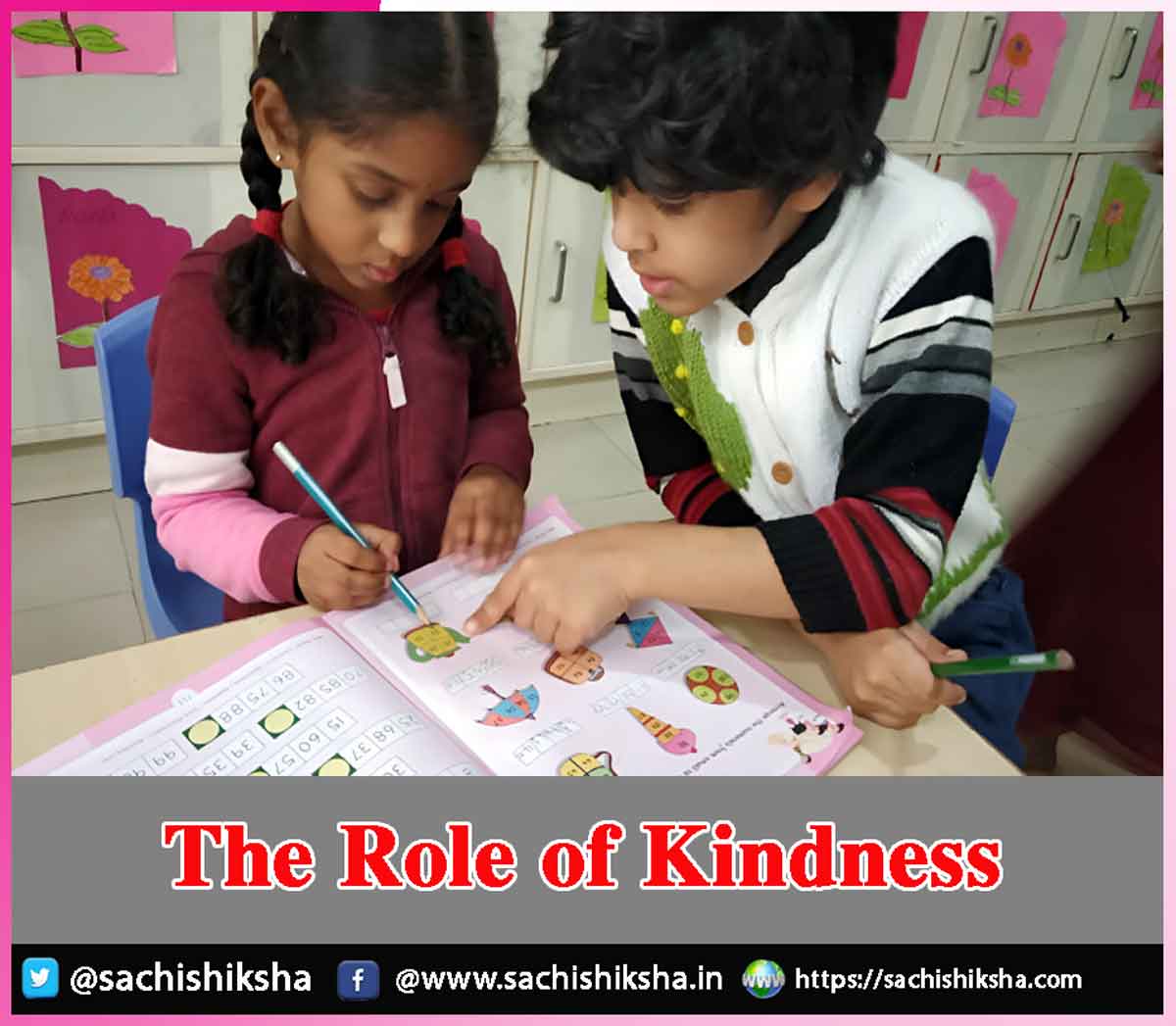The Role of Kindness
Introduction: Kindness is one of the simplest yet most powerful human virtues. It transcends cultural, social, and language barriers, forming the foundation of empathy, cooperation, and meaningful relationships. While it might seem like a small act, a smile to a stranger, a word of encouragement, or helping someone in need, kindness has a ripple effect that can transform not only individual lives but also entire community. In a world where competition and self-interest often take center stage, kindness serves as a gentle but firm reminder of our shared humanity.
Table of Contents
Recognize the Value and Dignity of Others

Builds Trust & Strengthens Relationships
One of the most significant roles of kindness is its ability to build trust and strengthen relationships. Whether in personal connections, workplaces, or communities, kindness creates an environment where people feel safe and valued. A supportive friend, an understanding colleague, or a compassionate leader can inspire loyalty, cooperation, and open communication. When people are treated kindly, they are more likely to extend the same warmth to others, creating a chain reaction that fosters harmony and mutual respect.
Improves Mental & Emotional Well-being
Kindness also plays a vital role in mental and emotional well-being. For the giver, acts of kindness release “feel-good” hormones such as oxytocin and serotonin, which promote feelings of happiness and satisfaction. For the receiver, kindness can act as a light in moments of darkness, offering comfort and reassurance when life feels overwhelming. Simple gestures like listening without judgment, offering a helping hand, or expressing appreciation, can ease stress, reduce feelings of isolation, and improve emotional resilience.
Bridges Gaps
On a societal level, kindness can bridge divides. In times of conflict or misunderstanding, it can serve as a powerful tool for reconciliation. Acts of goodwill can soften hostility and open the door to dialogue, helping communities move past differences and focus on shared goals. In fact, some of the most significant social movements in history have been fueled not by aggression but by kindness-driven principles of justice, dignity, and equality.
As a Valuable Leadership Quality
In the professional world, kindness is increasingly being recognized as a valuable leadership quality. A kind leader is not one who avoids difficult decisions but one who delivers them with empathy and respect. They understand that acknowledging an employee’s challenges, celebrating their achievements, and encouraging their growth not only improves morale but also enhances productivity. Workplaces where kindness is embedded in the culture tend to have lower turnover rates, greater teamwork, and a stronger sense of purpose.
Challenges
However, kindness is not without its challenges. In competitive environments, it can sometimes be mistaken for weakness or naivety. This misconception often discourages people from practicing kindness openly. Yet, true kindness requires courage, it means choosing compassion even when it is easier to be indifferent or self-centered. It means standing up for others, speaking words of encouragement, and showing generosity without expecting a reward. In this way, kindness is not passive; it is an active, intentional force for good.
Conclusion
In the end, the role of kindness is much more than just making someone’s day better. It is about cultivating a culture where compassion is the norm, not the exception. It is about seeing beyond ourselves and understanding that we are all part of an interconnected human story. Every act of kindness, no matter how small, is a thread that strengthens the fabric of society.
Kindness does not demand grand gestures, it thrives in everyday moments. A held door, a sincere thank-you, a moment of patient listening, these are the acts that, when multiplied, can change the tone of communities and even the course of the world. In choosing kindness, we are not just making life better for others; we are creating a legacy of humanity that can outlast us.












































